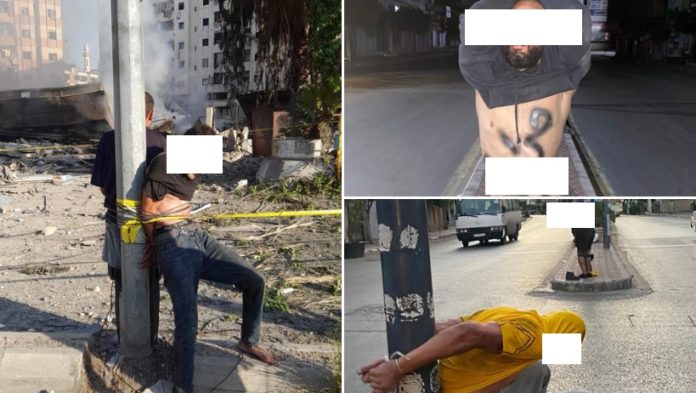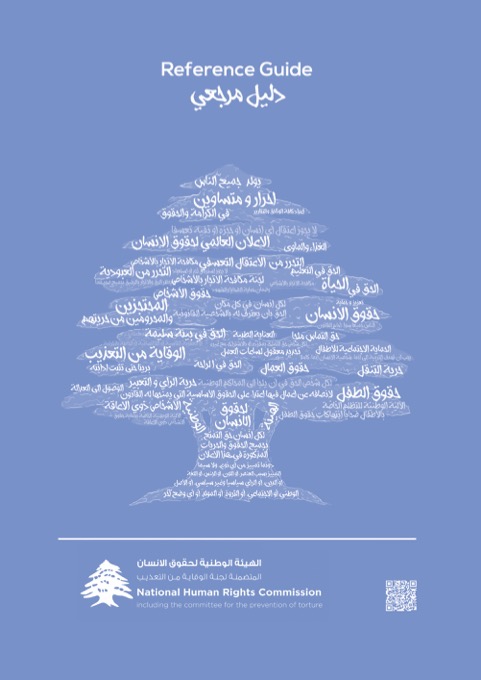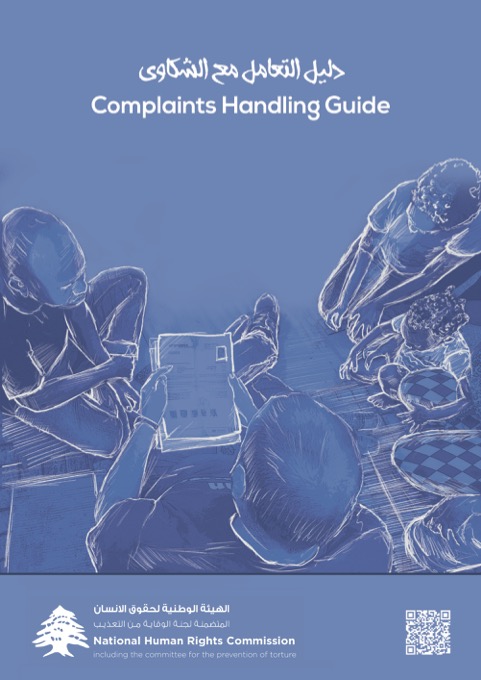هذه المقالة متاحة أيضًا بـ: العربية (Arabic)
The National Human Rights Commission, including the Committee for the Prevention of Torture (NHRC-CPT), stated that the direct imposition of sanctions on suspects accused of crimes, such as theft, without referring the case to the competent legal authorities constitutes a clear violation of human rights principles and international law.
The NHRC-CPT also pointed out that the images circulating on social media, showing unidentified individuals carrying out punishment by hanging people from a pole, suspected of committing theft in areas under Israeli aggression in the southern suburbs of Beirut, represent a serious violation of human rights and the right to a fair trial. These actions also endanger the lives of the individuals involved due to ongoing shelling. The Commission appealed to anyone who can access these individuals to hand them over to the municipal police, security forces, the Lebanese army, or any other body with judicial authority.
The NHRC-CPT stressed the importance of adhering to international human rights law and avoiding acting in the same manner as the Israeli occupation forces. It also emphasized the need to protect individual rights and ensure that all suspects receive a fair trial in accordance with due legal process.
The NHRC-CPT summarized its stance based on the following principles:
- Rule of Law: Imposing sanctions outside the framework of the official judicial system violates the rule of law, which requires all individuals and groups to be subject to the same law, with investigations and punishments carried out through recognized legal mechanisms.
- Fair Trial: According to international agreements, including the International Covenant on Civil and Political Rights (ICCPR), every person accused of a crime has the right to a fair trial before an independent and impartial court. Citizens bypassing these legal frameworks by imposing direct sanctions jeopardizes the accused’s right to a fair trial and expose them to the risk of cruel or inhumane treatment without legal safeguards.
- Prohibition of Torture and Inhumane Treatment: The Convention against Torture (CAT), which Lebanon is committed to, absolutely prohibits torture or any cruel, inhumane, or degrading treatment or punishment. Direct sanctions imposed by citizens could violate these international obligations.
- State’s Role in Law Enforcement: The state bears responsibility for protecting rights and administering justice through its official mechanisms. When individuals bypass the role of legal authorities, it threatens public order and opens the door to violations of individual rights and the spread of chaos.
Based on the above, the NHRC-CPT strongly condemns any attempt by citizens to impose individual or collective punishments outside the framework of the competent judiciary. The Commission calls on everyone to respect the law and judicial procedures, emphasizing that recourse to the courts is the only way to ensure individual rights and achieve justice.


